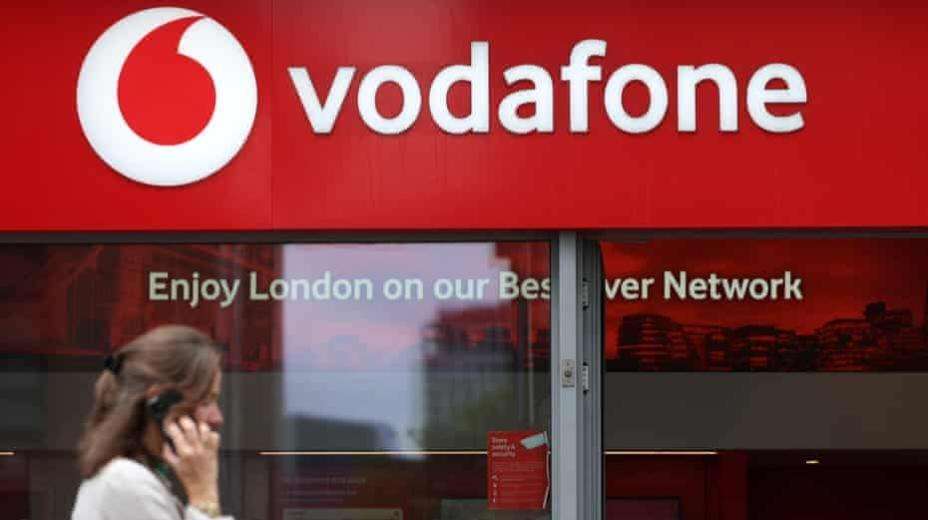Vodafone franchisees raised alarms about the damaging effect commission cuts were having on their mental health as far back as four years before 62 of them filed a £120m lawsuit against the telecoms giant.
Franchise owners running Vodafone-branded shops said they were under severe stress and experiencing anxiety after the company reduced commission payments. Research at the time also revealed a deep lack of trust in Vodafone’s promises.
The claimants, who represent nearly 40% of all Vodafone franchisees, launched legal proceedings in December, accusing the company of “unjust enrichment” by lowering payments to small business owners operating its high street stores.
The discontent was highlighted in a 2020 survey of franchisees carried out shortly after Vodafone cut fees for certain sales, following six months of pandemic-related trading uncertainty. The survey, based on British Franchise Association templates, gathered 119 responses out of 167 possible franchisees.
On trust and treatment, the results were bleak: franchisees rated their trust in Vodafone at just 1.75 out of five and scored 1.67 when asked if they felt valued.
In the section on wellbeing, 78 respondents left comments—mostly negative—many claiming Vodafone’s actions had harmed their mental health and family life. One said they were battling anxiety and depression, another spoke of stress so severe it put their home and savings at risk, while others described insomnia, panic attacks, and strained relationships.
Similar accounts have since been shared by ex-franchisees involved in the legal case, with some saying Vodafone’s pressure drove them to suicidal thoughts. Many reported debts exceeding £100,000, raising fears of losing homes and livelihoods. MPs have even drawn parallels between the Vodafone dispute and the Post Office Horizon IT scandal.
Vodafone responded with an apology to those who had difficult experiences, stating that complaints are taken seriously and disputes are addressed. The company maintains its franchise model remains successful, with many partners growing their businesses. It has launched a fourth review into past franchising practices but “strongly refutes” the lawsuit’s allegations, describing them as part of a “commercial dispute” it intends to contest.








.svg)

_5.jpg)
